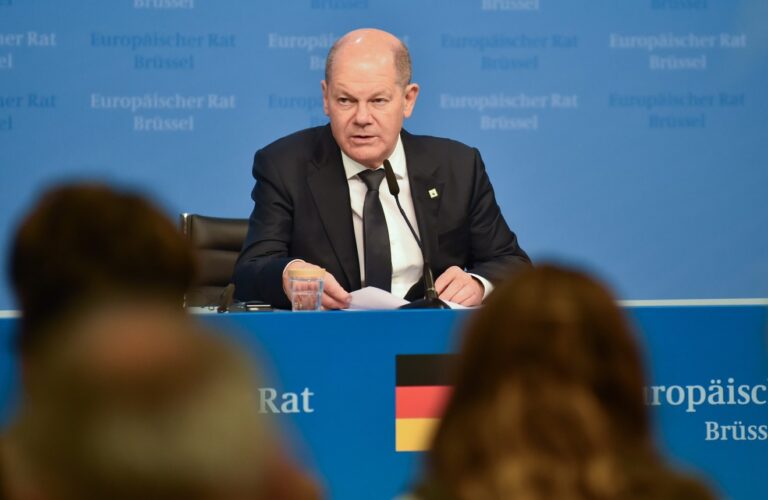Germany is losing its preeminent role in Europe. Although its status as the economic engine of the Old Continent is still widely shared, at least in terms of status, the German machine is beginning to show clear signs of flooding.
An economic crisis that is a symptom of a deeper identity crisis, in which Berlin’s word no longer settles issues and disputes among member states as it did in Angela Merkel’s time.
The energy crisis, the cutting off of massive Russian gas supplies, being the final port of call for China’s New Silk Roads and not committing as much as it could in supporting Ukraine. There are several factors to consider. Starting with the industry and skilled labor sectors, which have plummeted to unprecedented lows.
Table of Contents
What is happening to the German economy
Germany is in crisis and perceived to be in crisis. According to the German Institute for Economic Studies (Ifo), the country’s companies believe they are in the same if not worse condition than those experienced during the Covid pandemic.
An investigation by Die Zeit, perhaps Germany’s most authoritative weekly political analysis paper, reveals the dark aspects of this negative trend that threatens to engulf Germany’s entire economic sphere of influence.
In contrast, the Center for European Economic Research (Zew) called the country the “big loser” in the global economy. Forbes goes even harder, using the historically nefarious epithet of “sick man of Europe.” The Credit Institute for Reconstruction (KfW) predicts “an era of declining prosperity.”
The result is that the world’s fourth-largest economy has been on the verge of technical recession, with inflation and energy costs reaching record levels. Stagnation hits welfare straight in the face, casting long shadows on the hitherto unbeatable German welfare state.
In addition to its classical purpose, welfare also performs another fundamental task on German soil. It keeps the various states that comprise it on the same socio-economic level, smoothing out divergences. And things, come to that, could get worse in this regard. Eurostat, for its part, paints a scenario beyond perception, saying that fewer and fewer people in Germany are eating at least one full meal a day.
The International Monetary Fund has also noticed this, updating its growth forecast for 2023. Outcome: the world’s major economies all register positive GDP changes, ranging from 5.2 percent in China to 1.8 percent in the U.S. and 1.5 percent in Russia.
Germany trails far behind in last place with just 0.3 percent. Worse even than the UK in the midst of the post-Brexit crisis (0.4 percent). The sense of tragedy is heightened at a phenomenon unprecedented for Germany: falling industrial productivity.
Germany’s public debt
The draft budget, presented by the finance minister to the lower house of the German parliament (Bundestag) on Sept. 5, speaks of a net new debt of 16.6 billion euros for 2024. This compares with spending of 445.7 billion euros, down from an estimated 476.3 billion for 2023.
Hence the decision to reactivate the debt brake (the so-called Schuldenbremse). Or, rather, long-term sustainable public finances, enshrined in the Constitution and suspended in the 2020-2022 biennium.
The measure allows the German government to borrow only a small amount of new debt each year in order to keep the debt-to-GDP ratio below the fateful 60 percent threshold desired by the EU.
Germany finds itself perhaps for the first time since Maastricht nostalgic for the strength of the Deutschmark. Germany’s Federal Audit Office (Bundesrechnungshof) has openly accused Olaf Scholz’s chancellery of concealing the country’s true financial condition while contravening European rules to boot.
Read also: Public debt worldwide: the ranking of the countries with the highest and lowest debt












